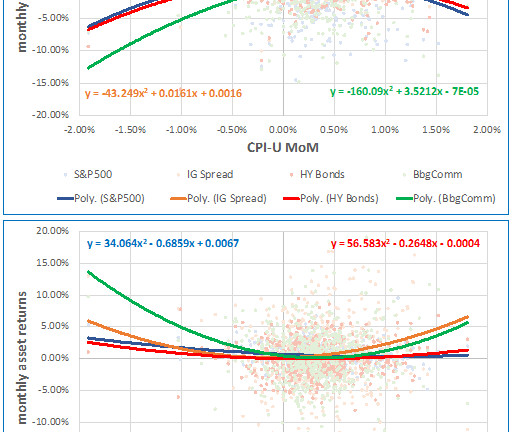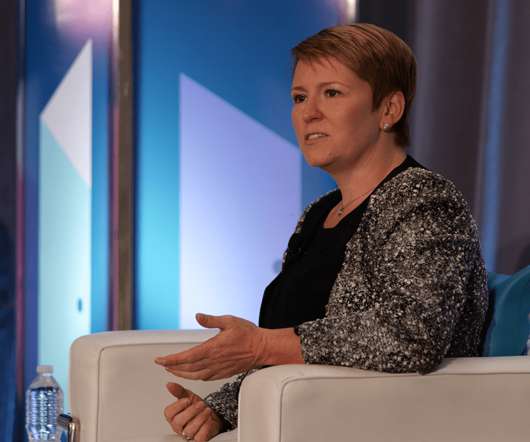Tariffs and Returns: Lessons from 150 Years of Market History
CFA Institute
MAY 21, 2025
He is a member of the Asset Management Executive Group and has oversight of all equity portfolio management, research and trading activities including quantitative, index and tax-advantaged strategies. In this capacity, he leads the firm’s efforts in advancing quantitative factor research and investment strategies.
















Let's personalize your content